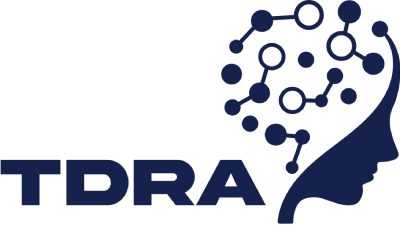Exercise as a Primer for Excitatory Stimulation Study in Vascular Cognitive Impairment No Dementia (EXPRESS-V)
Interventional Study
Get in touch about this studyWhat is the study about?
People with vascular conditions are at risk of having memory problems, and these memory problems increase the risk for further cognitive decline. Brain stimulation has been used to improve mood and memory. Transcranial direct current stimulation (tDCS), a type of brain stimulation, is believed to work best on brain cells that are active or “primed” before stimulation. The purpose of this study is to compare the effects of exercise and tDCS on memory performance in patients who have completed cardiac rehabilitation and are at risk of cognitive decline.
Eligibility–Who can participate?
Participants must:
- Be 50 years of age or older, females must be post-menopausal
- Presence of cerebrovascular and/or cardiovascular risk factors or coronary artery disease
- Proficient in English
- Able to exercise at a moderate intensity level
Time requirement:
There is a minimum of 3 study assessments and 2 MRI visits over the course of approximately 9 weeks. There is a screening/baseline visit, endpoint visit and a 1-month post-study endpoint visit. In these 3 visits, blood is drawn and a cognitive battery is administered. If randomized to an exercise group, participants will exercise at Toronto Rehab every weekday for 2 consecutive weeks and receive tDCS following each exercise session. If participant is not randomized to an exercise group, their tDCS sessions will be held at Sunnybrook every weekday for 2 consecutive weeks.
TDRA investigator
Dr. Krista Lanctôt, Dr. Nathan Herrmann, Dr. Tarek Rajji, Dr. Sandra Black
More information
TDRA Site:
Sunnybrook Health Sciences Centre,
Address: 2075 Bayview Ave, Toronto, ON M4N 3M5
Age Group:
50 - 54, 55 - 59, 60 - 64, 65 - 69, 70 - 80, 81 - 85, 86 - 90, 91+
